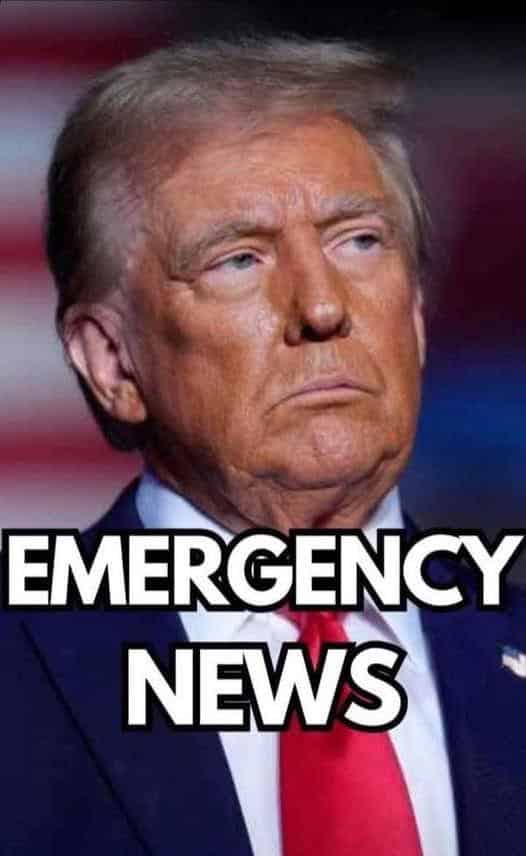Trump’s Executive Order on Anti-Semitism Sparks Concerns Over Free Speech and Human Rights
President Donald Trump’s latest executive order, presented as an effort to combat anti-Semitism, is drawing sharp criticism for its potential human rights implications—particularly regarding international students and advocates for the Palestinian cause.
The order authorizes deportation of international students who join demonstrations deemed “anti-Israel.” Legal scholars and rights groups warn this blurs the line between addressing genuine anti-Semitism and suppressing political dissent.
Immigration Law as a Tool of Suppression
By linking pro-Palestinian activism to anti-Semitism, critics argue the administration is leveraging immigration enforcement in a way that threatens free speech. Revoking visas or deporting students for nonviolent protest not only derails educational paths, but also fosters a chilling effect on campuses across the United States.
For many, this raises urgent questions: who defines what is “anti-Israel”? And when does criticism of state policy cross into forbidden speech? The lack of clarity could leave international students silenced by fear of reprisal.
Erosion of Democratic Norms
Civil liberties advocates warn this order risks undermining core democratic values—freedom of expression, peaceful assembly, and open debate. By penalizing criticism of Israel under the banner of combating bigotry, the order may deepen polarization rather than encourage genuine dialogue.
Internationally, the move has already sparked concern that America, long known as a defender of free speech, is setting a precedent of silencing dissent. Human rights organizations note that conflating political activism with hate speech is a tactic often used by authoritarian governments.
A Test of America’s Promise
The stated goal of fighting anti-Semitism is shared across faiths and communities, but the method matters. Laws meant to protect must not be wielded to silence. In the long run, freedom loses when the government decides which political views are permissible.
This executive order is more than a policy—it is a test. Can America safeguard its commitment to combating genuine hatred while also protecting the voices of those who call for justice in Palestine? Or will fear and suppression eclipse the democratic promise of free debate?
